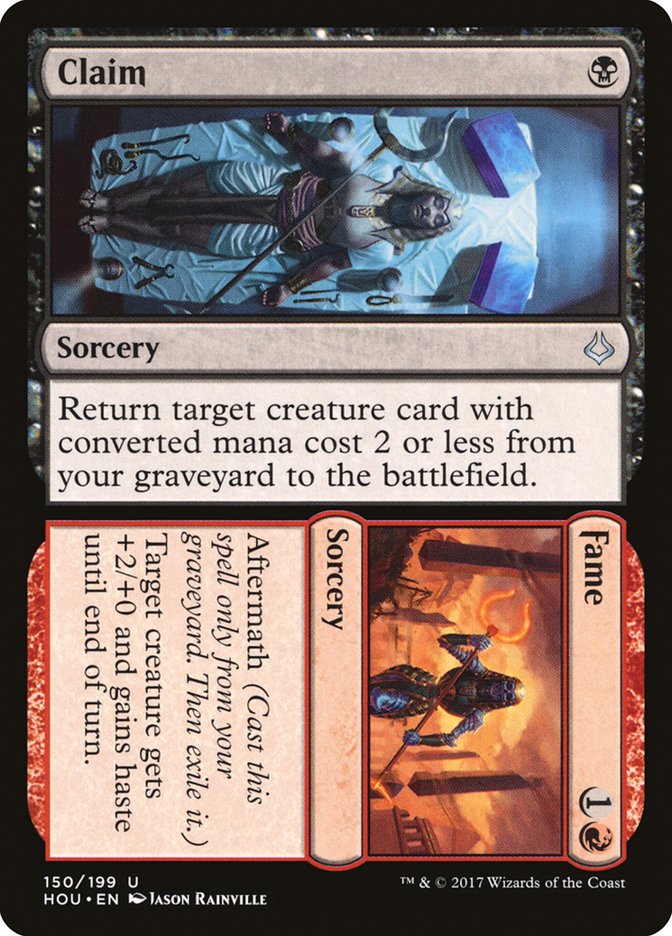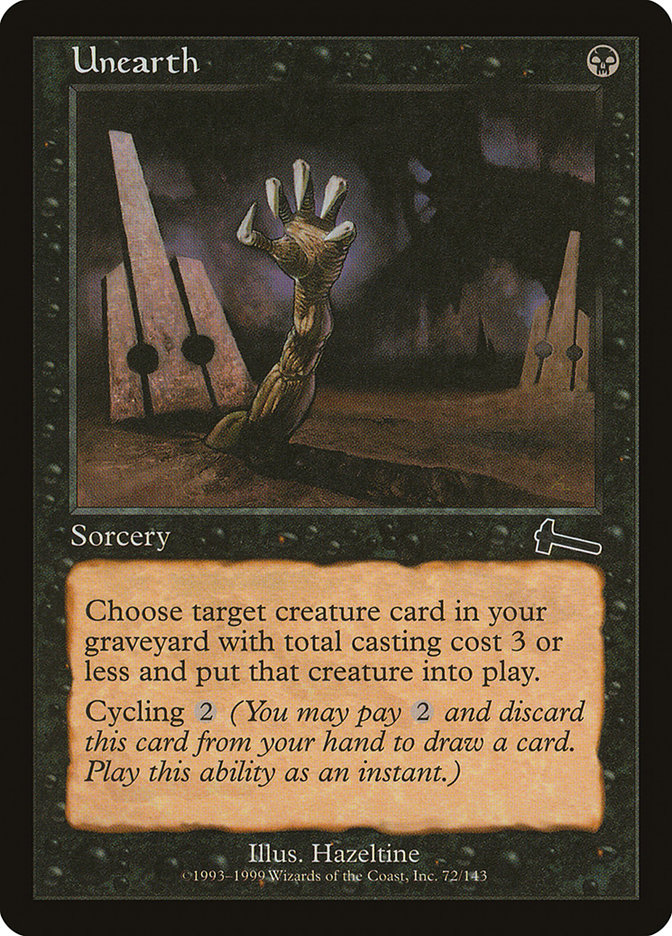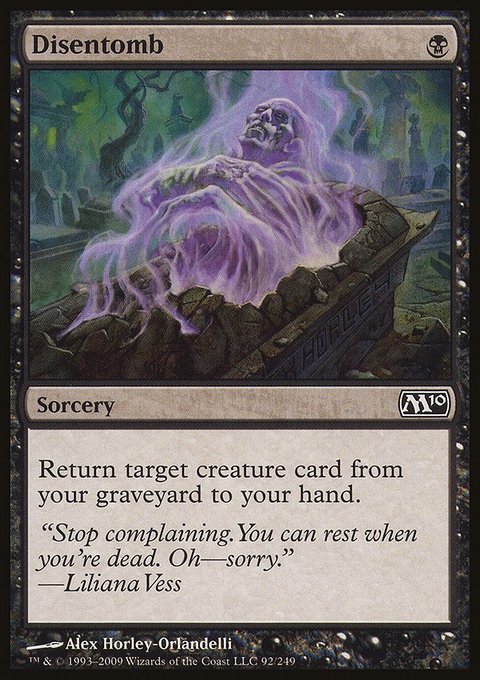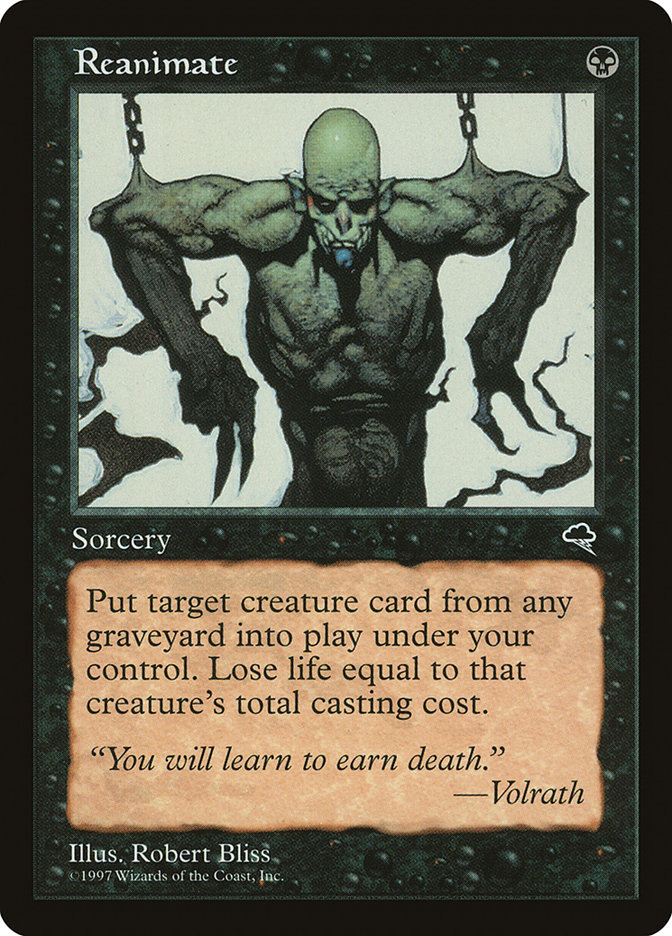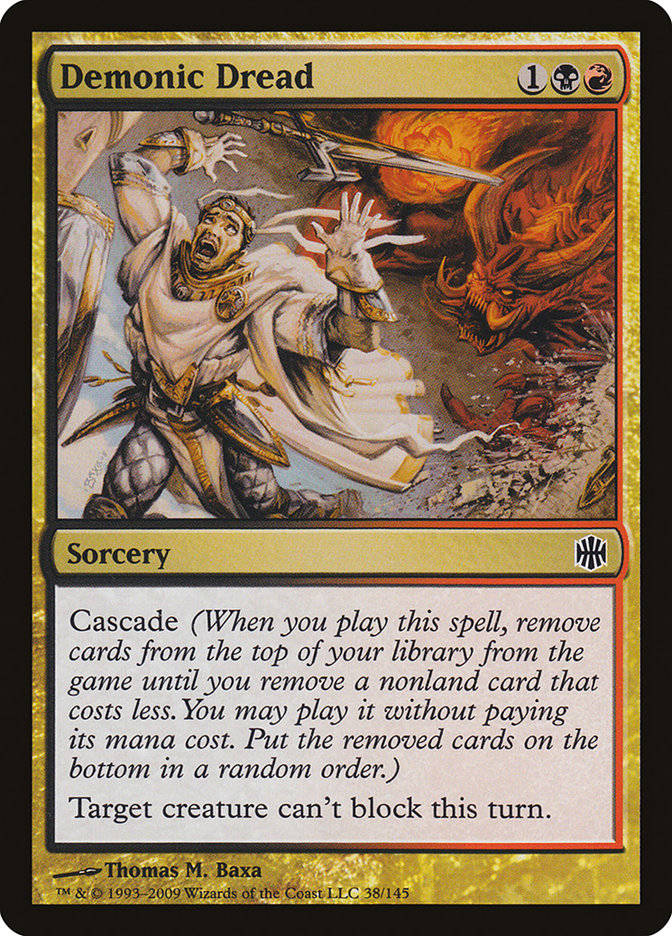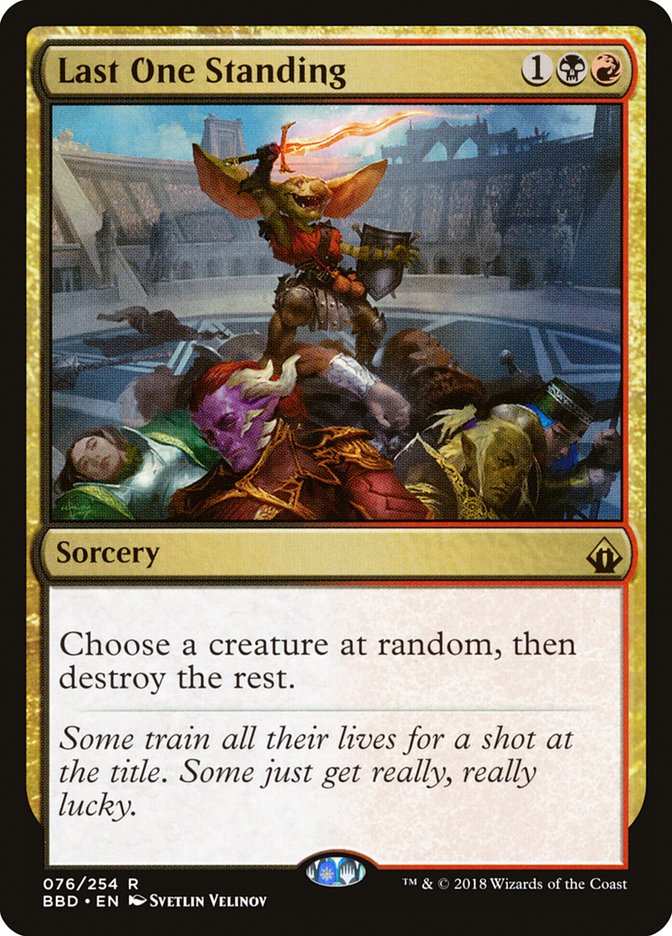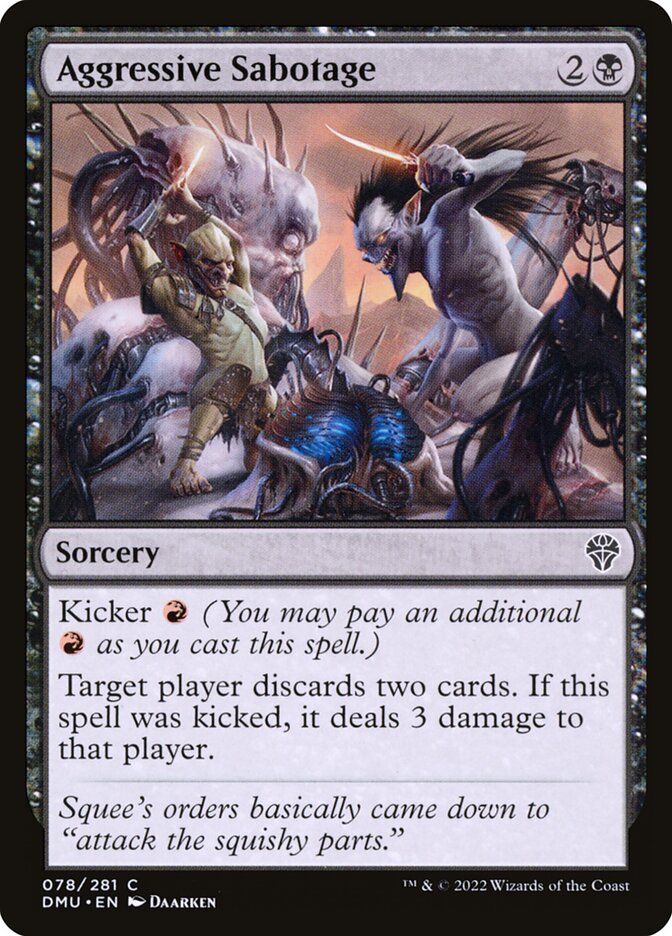Claim // Fame MTG Card
| Card sets | Released in 4 setsSee all |
| Mana cost | |
| Converted mana cost | 3 |
| Rarity | Uncommon |
| Type | Sorcery |
| Abilities | Aftermath |
Text of card
Aftermath (Cast this spell only from your graveyard. Then exile it.) Target creature gets +2/+0 and gains haste until end of turn.
Cards like Claim // Fame
The Claim MTG card serves as a unique tool in the realm of creature recovery spells within Magic: The Gathering. It draws parallels to cards like Unearth, which offers a similar return-to-play ability for low-cost creatures. Where Claim shines is in its low casting cost, allowing for unexpected and advantageous plays much like Unearth’s cycle feature but without the flexibility of cycling.
Comparing it to Disentomb, another card that brings creatures from the graveyard back to your hand, Claim provides the swift surprise of putting the creature directly onto the battlefield. This subtle difference can be a game-changer, offering immediate board presence. Reanimate also echoes this mechanic but is more versatile in terms of the casting cost of the returned creature, albeit at a higher health cost to the player.
Considering all aspects, Claim presents itself as an efficiently costed option for players aiming to quickly reclaim and create impact with lost creatures. It holds its ground amidst the competition owing to its inexpensive nature and direct play impact, securing its niche in creature recovery strategies in Magic: The Gathering.
Cards similar to Claim // Fame by color, type and mana cost
Card Pros
Card Advantage: The Claim MTG card ensures that you stay ahead by letting you take control of a creature. This can transform a disadvantageous board state to a favorable one, ensuring you have the upper hand in creature count.
Resource Acceleration: By taking control of a creature, you effectively save the mana you would have otherwise spent casting a creature from your hand, thereby accelerating your available resources for other strategic plays.
Instant Speed: The beauty of Claim lies in its ability to be cast at instant speed, providing the flexibility to disrupt an opponent’s strategy during their turn or end step, leading to potential surprise shifts in the game’s momentum.
Card Cons
Discard Requirement: Claim cards often come with a caveat that you need to discard a card. This can be a strategic setback, especially when your hand is already stretched thin and you’re in need of every available resource to maintain your position in the game.
Specific Mana Cost: The necessity for particular mana types to play these cards may pigeonhole them into specific deck archetypes. If your deck isn’t built with the right mana base or you’re facing color-fixing issues, you might find these cards stuck in your hand with no way to use them effectively.
Comparatively High Mana Cost: Claim cards often command a hefty sum of mana. When you’re aiming to optimize every turn, you must consider whether the cost of playing these cards hinders your ability to deploy other strategies or maintain tempo against opponents who may be utilizing lower-cost, highly efficient alternatives.
Reasons to Include in Your Collection
Versatility: Claim cards hold a unique place in MTG due to their flexibility, allowing players to retrieve creatures from the graveyard. This kind of versatility is invaluable for decks revolving around graveyard synergies or requiring recurring threats.
Combo Potential: In MTG, combo potential is a sought-after trait, and Claim cards excel by enabling various game-winning strategies. They can seamlessly integrate with sacrifice mechanics or work alongside cards that gain benefits each time a creature enters the battlefield.
Meta-Relevance: Claim cards remain relevant in MTG metagames characterized by frequent creature removals. Their capacity to resurrect key creatures at crucial moments can give players the edge they need, especially in formats where tempo and card advantage decide the winner.
How to Beat
Confronting a [THEME] in Magic: The Gathering can be as much about strategy as it is about card choice. This card poses a unique challenge, requiring a tailored approach to claim victory over opponents who wield it. Understanding the mechanics and timing of your plays is crucial when this card is on the table. It’s vital to consider cards that can neutralize or circumvent its effects.
Effective tactics include using removal spells that bypass traditional protections, adjusting your deck to include cards that disrupt or dilute the card’s power, or employing counterspells to prevent it from ever taking effect. Additionally, being able to rapidly deploy threats can pressure an opponent into making suboptimal plays with their [THEME], providing you with openings to seize control. Moreover, knowing when to hold back your resources versus when to go all in against a [THEME] can make all the difference. Discerning the nuances of these encounters will significantly enhance your chances of coming out on top.
Ultimately, outmaneuvering a [THEME] in MTG requires foresight, adaptability, and a touch of anticipation. Ensuring your deck has answers and keeping a clear head during the game will give you the edge needed to beat formidable opponents and their powerful cards.
Where to buy
If you're looking to purchase Claim // Fame MTG card by a specific set like Hour of Devastation and Mystery Booster, there are several reliable options to consider. One of the primary sources is your local game store, where you can often find booster packs, individual cards, and preconstructed decks from current and some past sets. They often offer the added benefit of a community where you can trade with other players.
For a broader inventory, particularly of older sets, online marketplaces like TCGPlayer, Card Kingdom and Card Market offer extensive selections and allow you to search for cards from specific sets. Larger e-commerce platforms like eBay and Amazon also have listings from various sellers, which can be a good place to look for sealed product and rare finds.
Additionally, Magic’s official site often has a store locator and retailer lists for finding Wizards of the Coast licensed products. Remember to check for authenticity and the condition of the cards when purchasing, especially from individual sellers on larger marketplaces.
Below is a list of some store websites where you can buy the Claim // Fame and other MTG cards:
 BUY NOW
BUY NOW BurnMana is an official partner of TCGPlayer
- eBay
- Card Kingdom
- Card Market
- Star City Games
- CoolStuffInc
- MTG Mint Card
- Hareruya
- Troll and Toad
- ABU Games
- Card Hoarder Magic Online
- MTGO Traders Magic Online
See MTG Products
Printings
The Claim // Fame Magic the Gathering card was released in 4 different sets between 2017-07-14 and 2020-08-13. Illustrated by Jason Rainville.
| # | Released | Name | Code | Symbol | Number | Frame | Layout | Border | Artist |
|---|---|---|---|---|---|---|---|---|---|
| 1 | 2017-07-14 | Hour of Devastation | HOU | 150 | 2015 | Aftermath | Black | Jason Rainville | |
| 2 | 2019-11-07 | Mystery Booster | MB1 | 1536 | 2015 | Aftermath | Black | Jason Rainville | |
| 3 | 2020-08-13 | Amonkhet Remastered | AKR | 229 | 2015 | Aftermath | Black | Jason Rainville | |
| 4 | The List | PLST | HOU-150 | 2015 | Aftermath | Black | Jason Rainville |
Legalities
Magic the Gathering formats where Claim // Fame has restrictions
| Format | Legality |
|---|---|
| Historicbrawl | Legal |
| Commander | Legal |
| Historic | Legal |
| Legacy | Legal |
| Modern | Legal |
| Oathbreaker | Legal |
| Vintage | Legal |
| Duel | Legal |
| Explorer | Legal |
| Gladiator | Legal |
| Pioneer | Legal |
| Timeless | Legal |
Rules and information
The reference guide for Magic: The Gathering Claim // Fame card rulings provides official rulings, any errata issued, as well as a record of all the functional modifications that have occurred.
| Date | Text |
|---|---|
| 2017-04-18 | A spell with aftermath cast from a graveyard will always be exiled afterward, whether it resolves, it’s countered, or it leaves the stack in some other way. |
| 2017-04-18 | All split cards have two card faces on a single card, and you put a split card onto the stack with only the half you’re casting. The characteristics of the half of the card you didn’t cast are ignored while the spell is on the stack. For example, if an effect prevents you from casting green spells, you can cast Destined of Destined // Lead, but not Lead. |
| 2017-04-18 | Each split card has two names. If an effect instructs you to choose a card name, you may choose one, but not both. |
| 2017-04-18 | Each split card is a single card. For example, if you discard one, you’ve discarded one card, not two. If an effect counts the number of instant and sorcery cards in your graveyard, Destined // Lead counts once, not twice. |
| 2017-04-18 | If another effect allows you to cast a split card with aftermath from a graveyard, you may cast either half. If you cast the half that has aftermath, you’ll exile the card if it would leave the stack. |
| 2017-04-18 | If another effect allows you to cast a split card with aftermath from any zone other than a graveyard, you can’t cast the half with aftermath. |
| 2017-04-18 | If you cast the first half of a split card with aftermath during your turn, you’ll have priority immediately after it resolves. You can cast the half with aftermath from your graveyard before any player can take any other action if it’s legal for you to do so. |
| 2017-04-18 | Split cards with aftermath have a new frame treatment—the half you can cast from your hand is oriented the same as other cards you’d cast from your hand, while the half you can cast from your graveyard is a traditional split card half. This frame treatment is for your convenience and has no rules significance. |
| 2017-04-18 | While not on the stack, the characteristics of a split card are the combination of its two halves. For example, Destined // Lead is a green and black card, it is both an instant card and a sorcery card, and its mana value is 6. This means that if an effect allows you to cast a card with mana value 2 from your hand, you can’t cast Destined. This is a change from the previous rules for split cards. |
| 2017-07-14 | Once you’ve started to cast a spell with aftermath from your graveyard, the card is immediately moved to the stack. Opponents can’t try to stop the ability by exiling the card with an effect such as that of Crook of Condemnation. |
